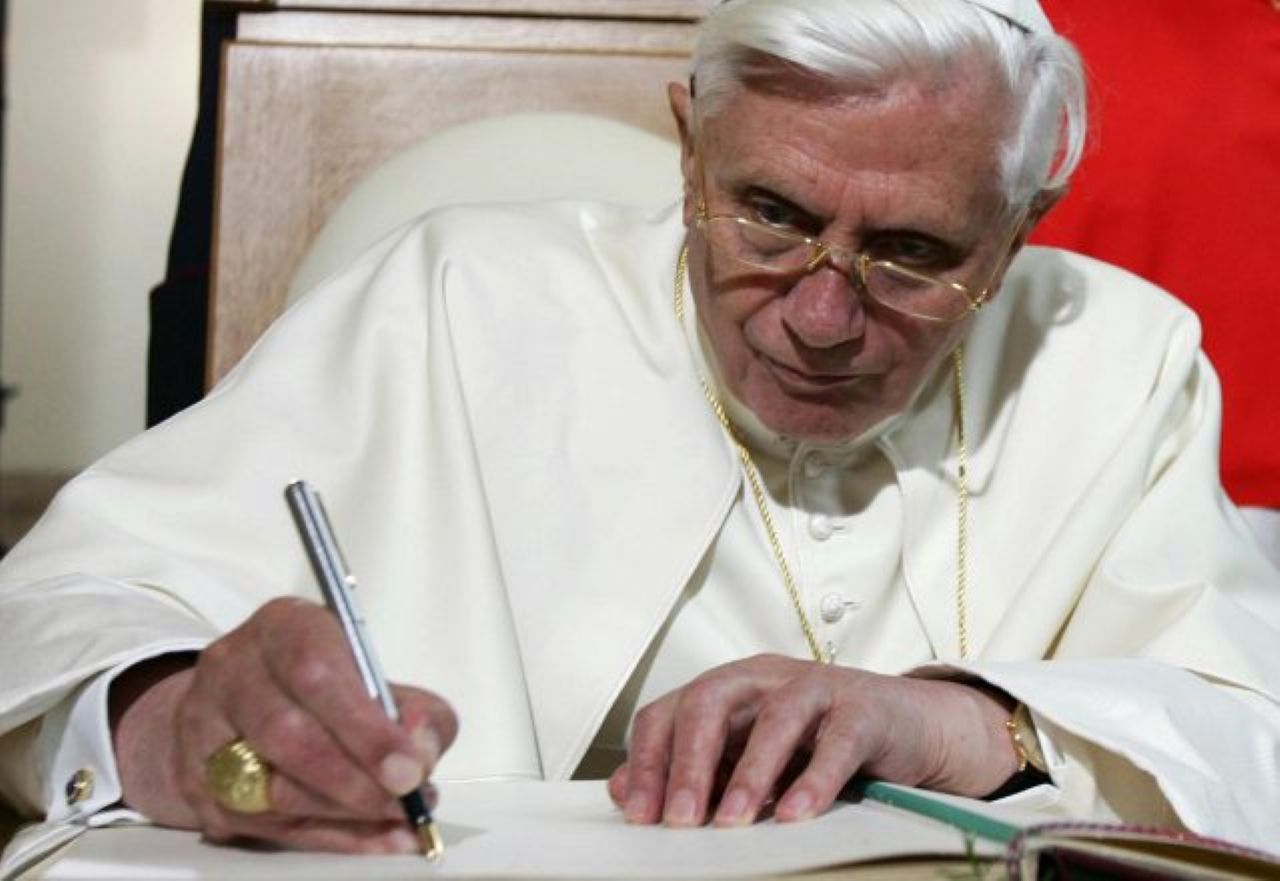As we celebrate the birth anniversary of Pope Benedict XVI, it is important to reflect his vision on the relationship between faith and reason is a recurring theme in Catholic thought, particularly emphasised by Pope Benedict XVI. His perspective highlights the necessity of both faith and reason in the pursuit of truth and understanding of the divine. Benedict XVI underscored that neither faith nor reason should operate in isolation; instead, they should inform and enrich each other.
Benedict XVI on the Intertwining of Faith and Reason
Benedict XVI articulated a vision where faith and reason are deeply interconnected. He argued that the dialogue between theology and philosophy is essential for both faith and reason. According to Benedict XVI, faith without reason risks descending into superstition or fanaticism, while reason detached from faith may not reach its full potential in understanding the depths of reality. A fundamental disposition required for authentic participation in the sensus fidei is the acceptance of the proper role of reason in relation to faith. Faith and reason belong together.
Purification and Illumination: The Roles of Faith and Reason
Benedict XVI suggested that faith and reason have distinct roles that complement each other. Faith purifies and expands the scope of reason, allowing it to explore questions beyond the empirical. Conversely, reason clarifies faith, ensuring its coherence and protecting it from irrationality. The Catholic doctrine, as defined by the Vatican Council, posits that faith and reason are not at odds but are mutually supportive. Reason lays the groundwork for faith and, illuminated by faith, develops a deeper understanding of God. Faith, in turn, liberates reason from error and enriches it with varied knowledge.
Faith as the Good Samaritan of Reason
Benedict XVI viewed faith as a “Good Samaritan” to reason, especially in contemporary culture where reason faces a crisis. He suggested that faith assists reason in recovering its metaphysical and sapiential capacities. Faith supports reason and continuously encourages it to raise its sights, reaching the very edge of mystery, where the fragment reveals an All which transcends it.
Implications for Contemporary Society
Benedict XVI’s perspective on faith and reason has significant implications for contemporary society, especially in education. Catholic universities have a specific task of promoting dialogue between faith and reason, so that it can be seen more profoundly how faith and reason bear harmonious witness to the unity of all truth. Through research, open to ever new horizons, one seeks not only things but oneself, and ultimately opens oneself to the mystery of God. Better knowledge of reality benefits social life and the practice of faith, making it more enlightened and mature.
Conclusion: A Unified Path to Truth
Benedict XVI’s vision emphasises that faith and reason are not contradictory forces but cooperative paths leading to a more complete understanding of truth. By embracing both, individuals and society can achieve a more profound comprehension of the divine and human










